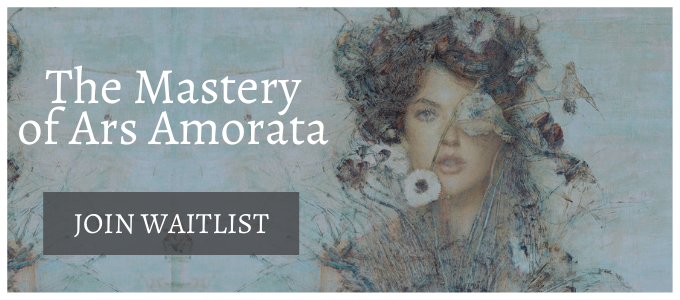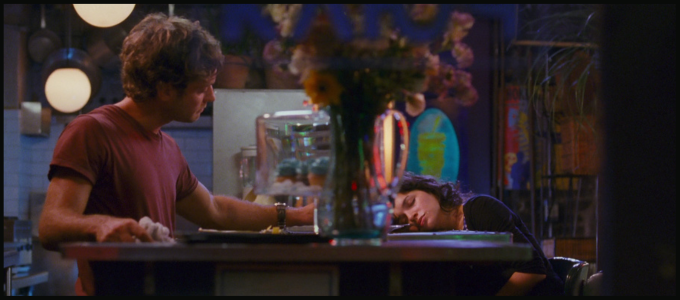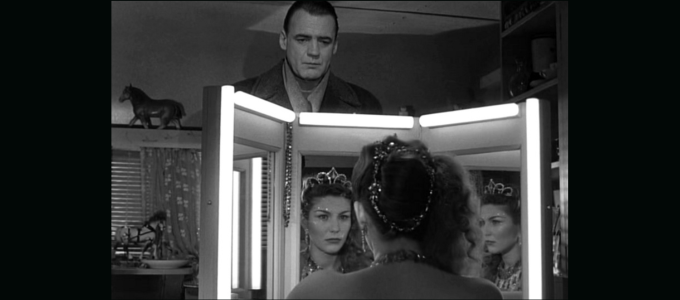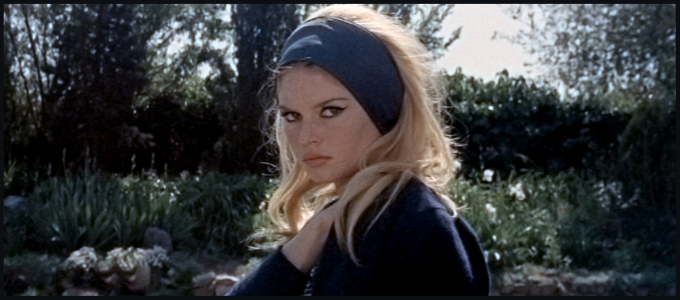I think we’d all like a deeper breakthrough here and there, an ability to show up more fully to the dance. You might wish to express things more freely with the blank page, that pretty girl, speaking in public, at point of sale.
What holds us back from creating the experiences we pine for in life? Inner voices, of course. The critics, the saboteurs, the unintegrated, fragmented, frozen parts of our psyches — and bodies — that spring into control when they fear we’re approaching the realms of hurt. Our inner saboteurs show up with words, palpitations, sweats, sensations.
How do we overcome them? It’s super super super super super super simple. With self-love and acceptance, actually. Your softness caresses your tightness into submission. Your warmth invites your fear to rest and bathe in the sun. Inner work means to slow painstakingly down and simply love the parts of yourself you most want rid of.
You have to love, and hear out, the voice, the handbrake, the trauma, the clutch, who all spring into step to keep you from what they believe will end in humiliation. Give these little soldiers inside you courteous thanks, of course, to acknowledge their efforts. But there’s more. One cannot merely make friends with the voice inside to have him release and wander aside. You also have to prove to your saboteurs that you’re present enough to take over the work they’ve been doing for you all these years, while also repositioning these characters into more enlightened forms of themselves for a new role in your psyche. Any approach that looks to eliminate your block, rather than upgrade its paystation and give it a more senior role in your inner citadel, is doomed to fail. Attempted annihilation of any of your inner parts is ultimately an act of self-hatred.
In other words, our saboteurs get seen, schooled and wisened into something more like inner mentors.
The dissolution of our psychological blocks is a practice of self-love, but it’s only half the practice. We’d be remiss to complete with a purely remedial approach, removing cause and symptom without a deeper exploration of what peak health might be like. So ask, “what is the inner voice you’d like to cultivate — the inner mentor, coach, or champion that’ll take the old saboteur’s place? Who is this new voice that will take root in your psyche, and what would he say? More importantly, how might she say it?
* * *
Now here be careful: our world is bursting with terrible candidates for a job in your inner sanctums. Utterly shame-inducing, abhorrent, life-sapping candidates for the role. Yet they’d take it in a second. The generic coach-superstar exemplar of today promotes drive, discipline, determination, hustle. He goads us into action, seducing us with finish-line imagery for our consumer-conformist strife. Big villa, toned wife. Diamond-encrusted foreign life. Even your freedom is for sale if you can just crush it hard enough.
Your favourite blogger, your latest book, streaming uncritically into the most intimate parts of your brain can be ingested, impregnated and mutated into new inner task-masters, guilt-trippers or controllers. Your mind escaped the shackles of the fear-saboteurs of old, saw pastures of a greener future for a matter of fleeting penumbras, only to be ruled by the incumbent inner tyranny of some guru new. Our culture is awash in the voices of discipline; but not voices of love. We are pushed to be more, but not to be here. The higher selves to which we upgrade our operating egos are still run by their own addictions to material — or spiritually material — success. They are startled into productivity, and these new inner voices bleach themselves into the hard-to-clean fabric of our inner conversation, free to pile on the shame, the flagellation, the delusion that we’ll feel whole and replete only when…
They might move me forward, these self-empowered voices, but they don’t bring me home. What then is liberation? What is a harmonious relationship to self?
I need an inner voice who pulls misdemeanours, speaks back to the teacher, pokes fun at the cirque des productif. I need the voice of he who’s porous, who lingers, who resides outside of successive success paradigms and moons at the oncoming cars. I need to be guided by one who has lived, penniless, in the rainy streets of Paris, who knows absinthe-fuelled highs, who knows rezina, who’s caroused with the afro-latina after hours, who’s felt the cold of death, who’s been abducted and beaten, who visits with the reaper, the Goddess, the keeper at the pearly gates and the long wide-pathed road to hell. I need the inner song who echoes the depth of my values to me daily, who’s plugged, high-voltage, to the source, who is source, who is poetry, who’s a life lived without regret nor petty ingenerosity, who throws caution to the storm and knows FU money is immaterial, just an attitude of the will. I need the voice who gladly submits to the muse, who understands economic enthuse is spiritual, who plies fine trade in the art he creates, in his very way of living and offering, and doesn’t deal in likes and quantities, anxiously, in the glow of his pocket-sized screen.
But a voice is too distant, though. I need an inner caress. I need to be loved, to be embraced, to be whispered to. I need, as I approach that beautiful woman, to revel in the feeling of already being loved by a beautiful woman — of being admired, adored, supplicated in unyielding devotion to — by some source of sublime lover who resides within me. I need some figure of Hellenistic absolution, an embodiment of Grace, a face worth destroying continents for, the delicate fingers upon her lyre bestowing melodies onto me, her hands encircling from underneath to on-top of me, a caress just like her hot sea at midnight, our unified gaze onto constellations above, an inviolable residing safety that she is composed of me, a love that will stay with me in those moments I forget to stay with myself. My ancient, beloved muse, whose only ever words are adoring of me, whose gestures never knocking of me, the counter-acting protectress against those barren-scalped saboteurs of Hades, her counter-acting embrace a full-bodied smoke that envelops me against fear and self-loathing and self-hiding and insurrection. My muse is not a projection of life-avoiding fantasy, but a meshwork of feelings I can conjure intra-psychically. A darling. Fabric of my own mind. I want to be sung to by Aphrodite, an inner lover who makes me mighty, an unremitting dedication that arouses perpetual erection of spirit. I appease and offer myself to you, oh Muse! I can chart the ecstatic, intimate textures of my own divine love of you, oh you who coaxes and envelops me! My flirtation; my libation. My celestial inauguration into the plain-luminous confidence that I am.
I need these voices when I pick up the pen, pick up the phone. I need this internal conglomeration. I need this spirit to become me, so I can reflect who I am. Truly am. To the world at large.
* * *
To stop at the surface end-point that most western psychology heralds is to remain in the desert with the air-conditioner on. It’s a functional building, all right, and since they removed those boxes of neuroses from the garage the spaciousness here is clear for all to see. We might stand free of ghoulish patterns in our new standpatter house, to be sure, but we’re looking out of these glazed conservatory doors onto flatland. There is no connection here to soul.
As I learn to become present I venture onwards. I invoke deeper qualities of presence. Different shades, different doors; spirit guides, archetypes, mentors. Figures of deep history that support my cause, all conjured inside the ever-deepening interior of this body-mind.
Say you had your most inspirational hero — living or dead — residing inside you, and you didn’t have to pay them a cent. You could just call them up any time you wanted. Who would you invite into your castle walls? How would you build your relationship to them?
At home, where I live in Bali, the locals make daily offerings to their deities of affect, moments of worship that increase the energy of the spirits they long to reside in as they go about their day. It’s multiple choice: Ganesh for prosperity, the Buddha for peace, and of a hundred demigods for a home’s protection. You and I, too, can pray, invoke, worship, give offerings. Build a shrine of inner champions within our house, a place-holder until we’ve written them permanently into our psyche, where we can benefit from them talking through us, directly. We can build a life-long relationship with a positive entity — a mysterious shade that colours the pigment of our aura — which ultimately becomes a virtue we own; a flavour of our demeanour. Who in the pantheon of all history’s grand, God-like and archetypal powers would you like to blow infused full-steam through you? Sit in this question, in this contemplation, and bring up the menu of infinite imagination. This is what it means to choose lineage; to be man fuelled by ancient sound that makes you proud. We choose lineage only in those small, unlikely cases when our blood lineage fails to instil into us such fathomless, unbound self-confidence!
They always say we admire specific people in the outer world because they hold part of the golden destiny we’re yet to embody within. There is a magickal act of relating to the archetypes you admire so they become you, so that you become your potential. I’ll share more on this when we hit the Inner Champions theme. But for now, you might stay on the look-out for a more exalted inner perspective, a more flickering quality of presence, that may start to take root in the fabric of your being.
Having said all that, I think I’m finally ready, to hit the blank page.
* * *
If you’d like my support to identify your inner saboteurs, to befriend them and upgrade them, and help you deepen into your personal gifts of presence, I take just a few men on each year in my Mastery course. Request an application form below…






